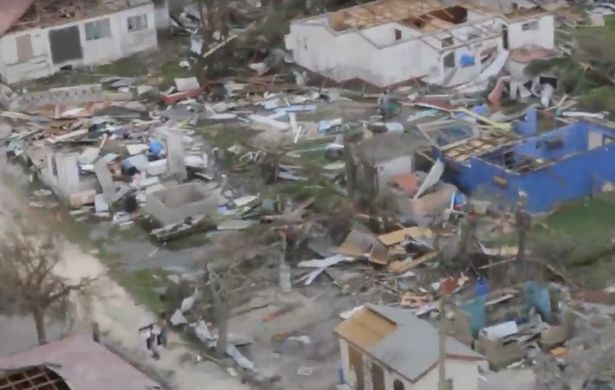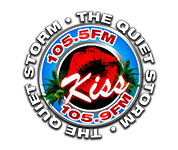Three months after Hurricane Irma devastated Barbuda, residents are in a state of limbo over plans to shake up the Caribbean island’s ancient communal land ownership, a move they fear will destroy their culture and pave the way for property speculation. On Sept. 6, Barbuda became one of the first victims of Irma, which swept in winds measuring up to 185 miles (298 km) an hour, killing one person and damaging an estimated 90 percent of properties. All 1,600 inhabitants left under a mandatory evacuation order to seek shelter in neighboring Antigua as another hurricane barreled down on Barbuda just days after Irma, though it ultimately veered off course. A few days after the disaster, Gaston Browne, prime minister of Antigua and Barbuda, a twin-island state, proposed that Barbudans returning home should buy their land for a symbolic price of $1 and receive freehold titles. The proposal does not sit well with Barbudans who have collectively owned their land since Britain abolished slavery in its colonies in 1834. In an interview with the Thomson Reuters Foundation in the Antiguan capital St. John’s, Prime Minister Browne, insisted his plan will “empower” Barbudans. The new land ownership system, Brown said, would help development and pave the way for Barbudans to get mortgages to rebuild their homes and get insurance to protect them when the next disaster hits.



